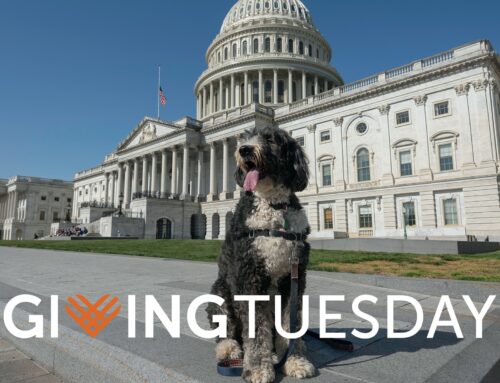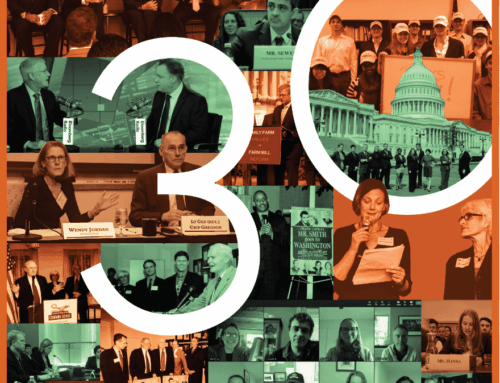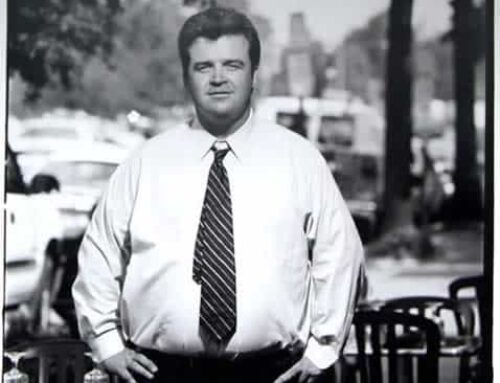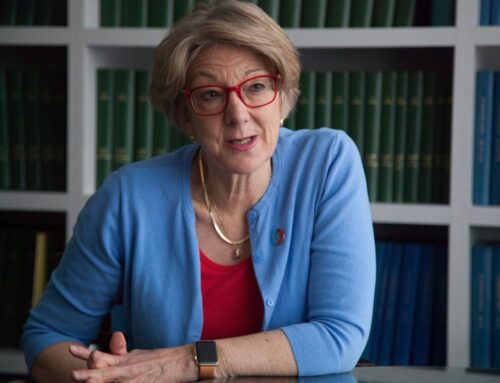WASHINGTON — Judging from his taxpayer-funded travel tab, you might guess that Republican Sen. Bob Corker represents one of the biggest states instead of one of the smallest.
That’s because Corker spent more on travel than lawmakers from vast states such as California, Texas, Alaska and New Mexico: nearly $207,000 during the 12 months ending March 31.
That’s more than all but eight other senators, a Tennessean Washington Bureau analysis of Senate records shows. Most of the senators who outspent Corker hail from large states where they often must fly to travel between cities, or from sparsely populated states where commercial flights are typically expensive or unavailable.
Corker also spent more than Tennessee’s senior senator, Republican Lamar Alexander, who reported travel expenses of $156,771 during the 12-month period. Alexander still spent more than most of his colleagues, however, ranking No. 29 out of 100 senators.
Those figures include only travel expenses paid out of lawmakers’ fiscal 2011 and 2012 budgets. They do not include trips taken by groups of lawmakers to foreign countries or travel funded by outside groups.
Corker’s spokeswoman, Laura Herzog, said the senator travels frequently to keep in touch with constituents.
“From the very beginning, Senator Corker and our staff have made accessibility and travel throughout Tennessee a top priority, and obviously there’s a cost associated with travel,” she said. “Senator Corker visited all 95 Tennessee counties during his first nine months in office and has continued to maintain a strong presence on the ground, holding over 100 town hall meetings and making more than 900 visits throughout the state since taking office.”
Few charter flights
Corker chartered private airplanes three times during the 12 months at a total cost of $14,826, while Alexander spent $20,651 to charter planes on four occasions.
Aides said the senators fly commercially when they can, but private planes allow them to attend many events in a short period of time and to reach remote parts of the state.
“On the rare occasion when a charter flight is booked in Tennessee, it is to allow the senator to meet with Tennesseans at multiple events across the state, when driving or taking commercial flights isn’t possible,” said Jim Jeffries, a spokesman for Alexander.
In May 2011, for example, Alexander chartered a jet with Smyrna-based Corporate Flight Management to fly from Smyrna to Huntingdon, in West Tennessee, then to Knoxville and back to Smyrna all in one day — an itinerary that would have been impossible to book on commercial airlines.
Corker used the Vectair USA charter company to travel to small towns such as Bolivar, Paris and Selmer.
Commercial flights accounted for a much bigger portion of the senators’ travel bills. Thirty-nine of the domestic flights Corker reported over the 12-month period cost more than $1,000. Most were round trips between Washington and Chattanooga for Corker and staffers.
Corker flew at least 10 Washington-based aides to Chattanooga for a series of staff meetings in November at a total cost of $8,112. His chief of staff, Todd Womack, flew to Chattanooga 33 times over the 12-month period at an average cost of $1,146 per ticket, according to Senate records.
Staffers travel
Herzog said Corker encourages his Washington-based employees to travel to Tennessee regularly “to stay well connected to the people we represent and the issues they care about.”
Alexander reported 31 flights with a price tag over $1,000, including 14 round trips between Washington and Knoxville.
The senators’ government-rate fares are pricier than those found on travel websites such as Expedia or Orbitz because they are fully refundable, aides said. Refundable fares make sense for senators because the legislative calendar can be unpredictable, they said.
Nonrefundable tickets from Washington to Chattanooga and from Washington to Knoxville cost between $220 and $720 when purchased a week in advance, according to a recent Internet search.
Steve Ellis, vice president of the watchdog group Taxpayers for Common Sense, said lawmakers have to balance staying in touch with constituents and spending taxpayer dollars responsibly.
He said members of Congress who are nearing re-election typically make more trips back home. Lawmakers’ office budgets cannot be used for campaign expenses, but Ellis said it’s tough to tell a campaign event from a town hall with constituents because “constituents are the people going to the polls.”
“People getting closer to an election are going back to the district more and more, and it’s not going to be paid for by their campaign because it’s going to be argued they’re doing it on official business,” he said.
Funds unspent
Money spent on travel comes out of each senator’s fixed office budget.
Senators and House members decide for themselves how to allocate their office budgets among salaries, travel, equipment, leases for district offices and other needs.
Senate office budgets vary based on a state’s size. Corker and Alexander each had $3.16 million to spend during fiscal 2012, which began in October.
Corker’s office returned more than $390,000 in unused office funds to the Treasury last year, according to Herzog. Jeffries said Alexander has returned $1.58 million over the past five years — an average of $315,000 each year.
Congress has been paring congressional office budgets. Senate office budgets were cut 5 percent in fiscal 2011 and an additional 1 percent in fiscal 2012, according to an aide to Democratic Sen. Chuck Schumer of New York, who is chairman of the Senate administration committee.
House lawmakers cut their office budgets 5 percent in fiscal 2011 and 6.4 percent in fiscal 2012.
– Elizabeth Bewley
www.tennessean.com/article/20120714/NEWS02/307140022/Corker-s-travel-tab-9th-highest-Senate










